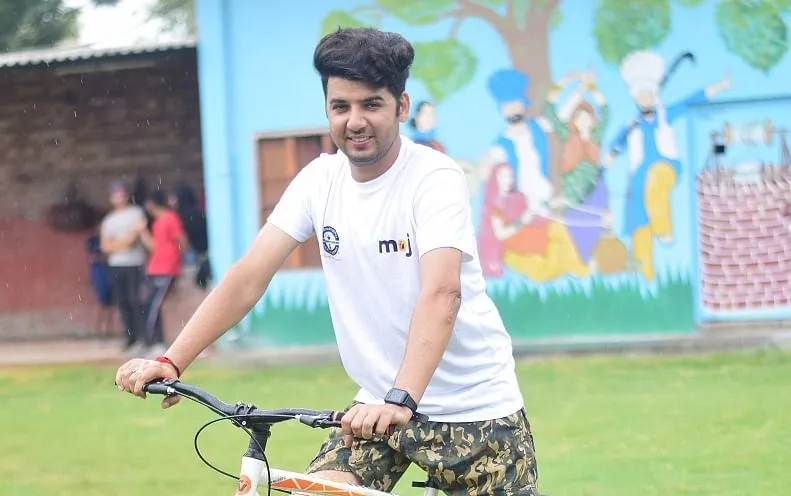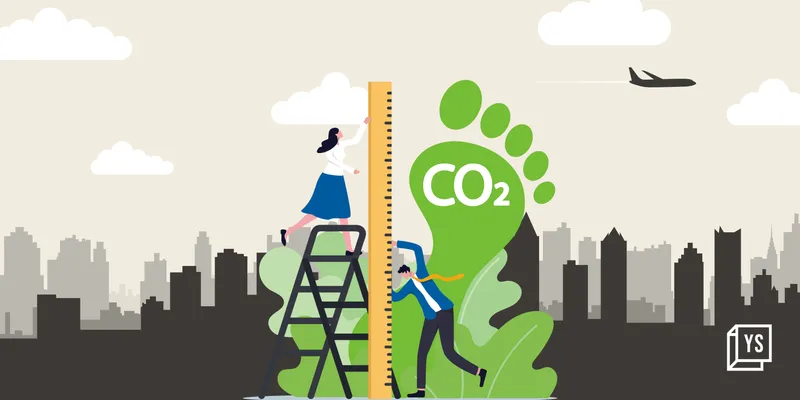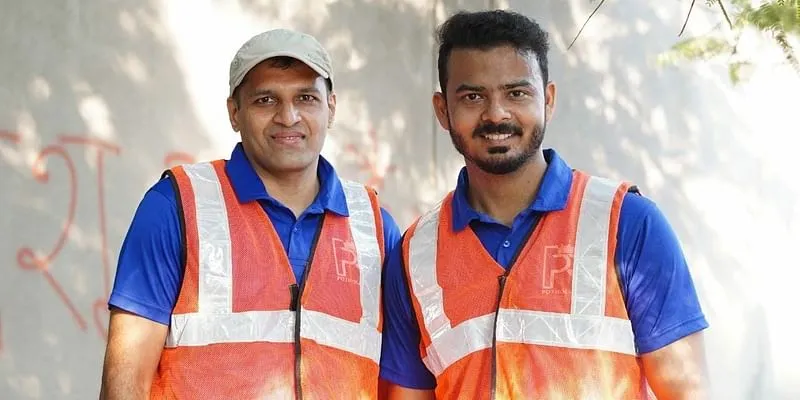From fixing potholes on roads to setting a cycling record: top social stories of the week
This week, SocialStory ran a slew of interesting stories—of a physically challenged choreographer who became a record holder in cycling, an organisation that's improving road safety through sustainable measures, and more.
This week, SocialStory spoke to PotHoleRaja, a social enterprise that is making roads safe by fixing potholes. Its co-founder Sourabh Kumar explained the different initiatives and solutions that the organisation has come up with to fix potholes in a sustainable and efficient way.
We also caught up with Ablu Rajesh Kumar from Amritsar who shared his journey of achieving his dreams one by one, after losing his legs in a train accident.
From losing his legs to setting a world record in cycling, the inspiring story of Ablu Rajesh Kumar
Ablu Rajesh Kumar was just 13 years when he met with an accident at Amritsar Railway Station. His reckless decision to cross the railway tracks in the fear of missing the train cost him both his legs and changed his entire life.

Ablu Rajesh Kumar
While losing legs at such an early age posed a challenge for Ablu, it also made him mentally strong. He decided not to give up on his dreams and worked towards his love for dancing with the help of prosthetic legs.
Today, the 25-year-old from Amritsar has come a long way. He is a dancer, choreographer, content creator, and a cyclist. Recently, on the 15th of August, when the country celebrated Azadi ka Amrit Mahotsav, Ablu rode a bicycle for 1 km holding the Indian National Flag and set a record, proving that he was bigger than his disabilities.
A closer look at Mumbai’s ambitious plan to reach net-zero carbon neutrality by 2050
The monsoon cycles in Mumbai have changed, as has the air quality. Temperatures on the ground and at sea have been rising. Tropical cyclones and coastal flooding both pose substantial threats. All this can, and most definitely will, have a detrimental effect on the city’s built environment, economics, and population health.

To tackle climate change, Mumbai recently unveiled the Mumbai Climate Action Plan, which calls for adopting an evidence-based planning methodology and mobilising resources to transition from action planning to strategic projects.
The action project 2022 is titled 'Towards a Climate Resilient Mumbai'. Under its first-ever Climate Action Plan, Mumbai aims to reach net-zero carbon neutrality by 2050, a significant step toward fulfilling India's pledge to achieve carbon neutrality by 2070.
PotHoleRaja uses recycled plastic, tech to make roads safer
For motorists, potholes are a daily nightmare, especially during monsoons. In 2019 and 2020, potholes were the cause of 4,775 and 3,564 accidents, respectively, in India.

Prathap Bhimasena Rao (L) and Sourabh Kumar
Founded by Prathap Bhimasena Rao and Sourabh Kumar in 2016, is a social enterprise working to upgrade India's infrastructure via citizen intervention. PotHoleRaja directly works with citizens. Alternatively, it can be commissioned by institutes, social collectives, or even government bodies to undertake large-scale projects.
PotHoleRaja recently introduced GridMats, a patented eco-friendly product made from recycled polypropylene waste. The material is durable and crafted from 100% recycled plastic waste to construct pavements/roads.
Decoding clean, plant-based, vegan, and organic beauty products
The term ‘clean beauty’ has managed to create quite a buzz in the beauty industry. At a broader level, clean beauty refers to products that are devoid of harmful chemicals and ingredients that cause harm to your skin and body.

Image: Unsplash/Romina Farias
There has been a lot of chatter about clean beauty as it encourages people to be more gentle and caring towards their skin by avoiding products with harsh chemicals and ingredients that can cause skin irritation and other health concerns.
The marketing done by clean beauty brands on various social media platforms with the help of influencers has helped in creating a buzz among conscious consumers led by millennials and GenZ. Up to 60% of products we apply to our skin get absorbed. Therefore, it is but an obvious switch to clean beauty for many consumers.






